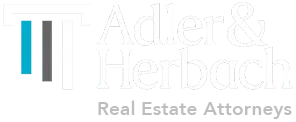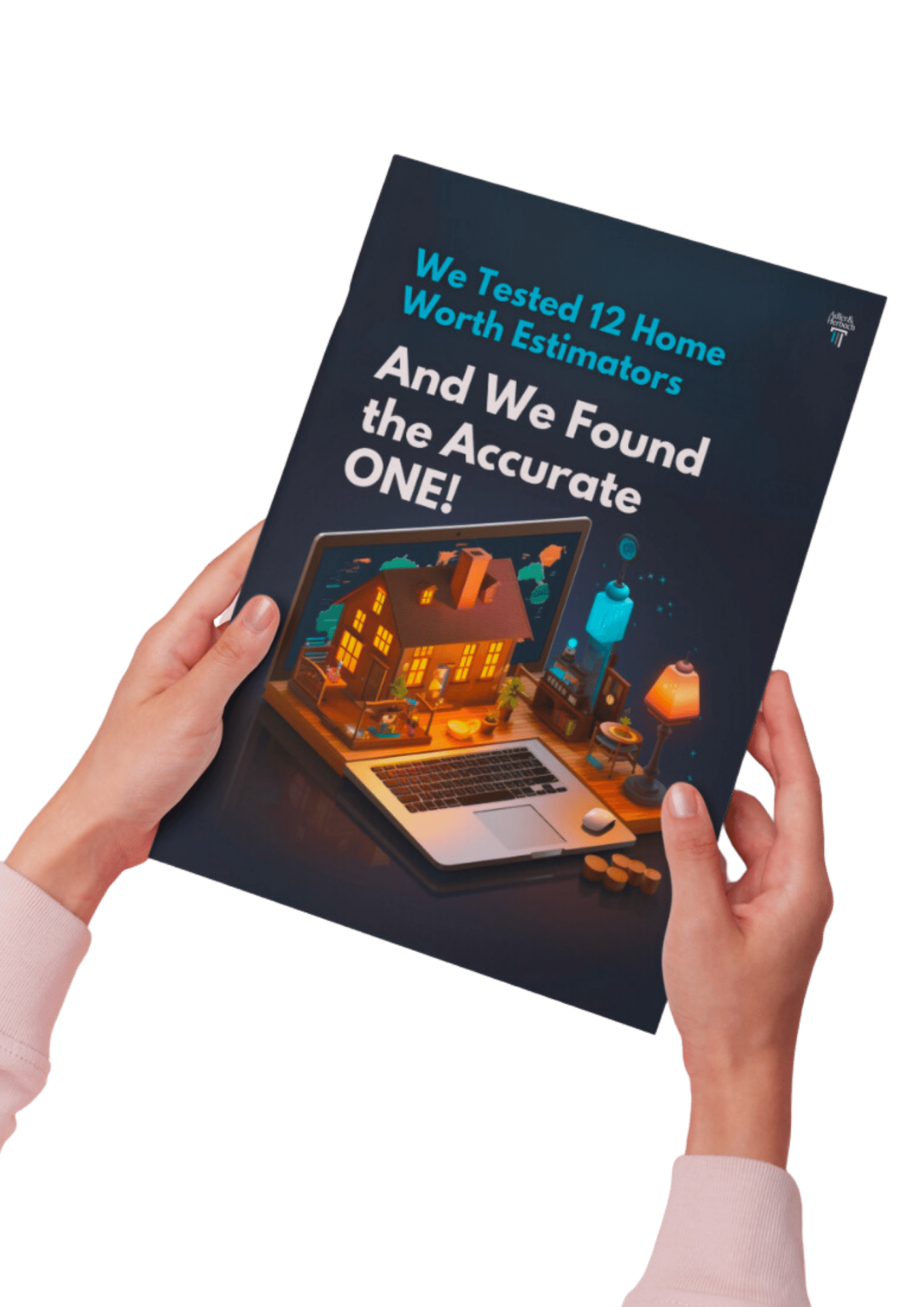When you sell your home, you’ll incur various closing costs that you’ll need to pay. Closing costs for sellers can range from 2% to 5% of the home’s sale price (excluding realtor commissions). Knowing what fees to expect and how to calculate your closing costs can help you better understand the home selling process and your net proceeds.
How to Calculate Closing Costs for Sellers?
To calculate closing costs for sellers, sum up expenses like real estate commission, transfer taxes, title insurance, attorney and escrow fees, surveys, and prorated property taxes. Consider any credits you’re offering to the buyer, then add a 10% buffer. Using online calculators or consulting with your real estate agent or attorney can help yield accurate estimates.

What Are Closing Costs?
Closing costs are the fees charged by various parties to process and finalize the real estate transaction. Both buyers and sellers pay certain closing fees, though the seller typically pays more of the costs. The closing costs for sellers primarily go towards processing and finalizing the home sale.
Common Closing Costs for Sellers
Some of the common closing costs paid by the seller include:
- Real estate commission – This is typically the biggest expense, ranging from 5% to 6% of the sale price. This commission goes to your listing agent and the buyer’s agent.
- Transfer taxes – Transfer taxes are based on the sale price and location. In Illinois, it’s $1 per $1000 of the home’s value. Counties and municipalities may add additional taxes.
- Title insurance premium – This protects the buyer if any issues arise with the title. Premiums range from $1950 to a few thousand dollars depending on sale price. There will also be some additional smaller fees from the title company.
- Attorney fees – Hiring a real estate attorney to review documents may cost $500 to $1000. We charge a flat fee of $750 for ‘contract to keys’ representation.
- HOA transfer fee – If the home is part of a HOA, expect to pay $200 to $500 to transfer ownership.
- Survey – A new survey map of the property typically costs $500 to $600.
- Prorated property taxes – You’ll need to pay the portion of property taxes for the days you owned the home in the current and any prior unbilled tax year.
How to Estimate Seller Closing Costs?
- Check your listing agreement – This should give you an estimate of the real estate commision you should expect based on the list price.
- Ask your real estate agent – Your agent likely has a good sense of the typical fees in your area. Give them your estimated sale price to get an idea of your closing costs.
- Use an online calculator – Several websites have closing cost calculators you can use to estimate fees by inputting some basic information. We have published a detailed closing cost calculation for sellers.
- Calculate specific line items – For a more accurate estimate, request a preliminary settlement statement which will itemize title insurance fees, tax prorations, transfer taxes, commissions, and attorney fees.
- Account for credits – If you agreed to cover any of the buyer’s closing costs, factor those credits into your total estimate.
- Add a buffer – It’s a good idea to add around 10% to your estimate to account for any unexpected costs or variations in fees.
Key Tips for Estimating Closing Costs
- Closing costs typically range from 2% to 5% of the home’s sale price. Budgeting 5% of the list price is a safe bet. Realtor commissions extra (Another 5 – 6%)
- Closing costs can vary by location due to differences in transfer taxes, title insurance rates, and other fees.
- Your agent’s commission, title insurance premium, and transfer taxes will be the biggest expenses.
- Attorney fees, escrow fees, and prorated property taxes are also costs sellers commonly pay at closing.
Learn more about
With an understanding of the typical closing costs for sellers, you can better set your expectations. Be sure to communicate with your real estate agent and attorney so you know what to budget for when closing on the sale of your home. With the right preparation, you can avoid surprises at closing.


